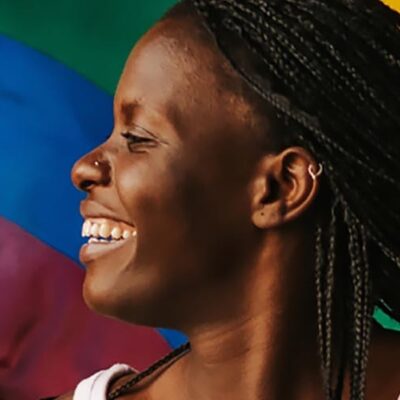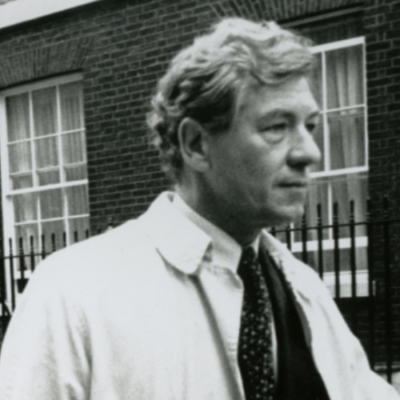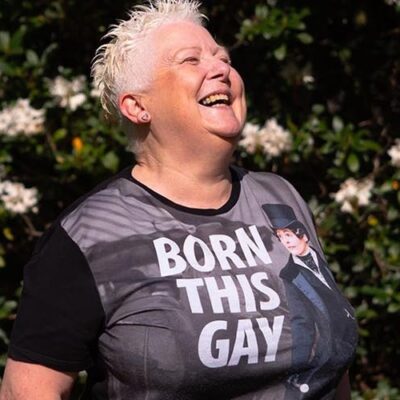
Who we are
We are Stonewall. We are a UK human rights charity fighting for Lesbian, Gay, Bi, Trans, Queer+ equality. We campaign, support and advocate for the community in the UK and beyond.
Vision
Our vision is a world where everyone, everywhere, has equal rights.
Mission
We will work until every person who is Lesbian, Gay, Bi, Trans, Queer+ is living free from discrimination, prejudice and inequality, making our shared future safer, fairer and more prosperous.
Values
Stonewall is a diverse and inclusive organisation, underpinned by values that have helped us achieve decades of life changing impact for LGBTQ+ people.
Advocating for LGBTQ+ rights
Over the last 35 years, we have helped create transformative change in the lives of LGBTQ+ people in the UK. Our work has driven positive change in public attitudes and public policy and there are now over 3000 LGBTQ+ organisations across the UK.
We deliver campaigns, programmes, and policy work that is focused on achieving deep, sustainable change, through convening, collaboration, and conversation.
We support parliamentarians and lawmakers; design policies and campaigns and deliver programmes and services which focus on achieving equal rights for LGBTQ+ people.
Globally, we face increasing opposition to the belief that everyone deserves equal rights. It is more important than ever that we stand firm and advocate for what we know to be true: Everyone, everywhere, deserves equal rights.
Charitable status
On 23 September 2003, we were granted charitable status (Charity Registration Number 1101255). Stonewall receives no core government funding and funds are instead raised in a variety of ways including grants, donations, sponsorship and fundraising events.
Stonewall is a member of the Equality and Diversity Forum, a network of national organisations committed to progress on age, disability, gender, race, religion and belief and sexual orientation issues.



